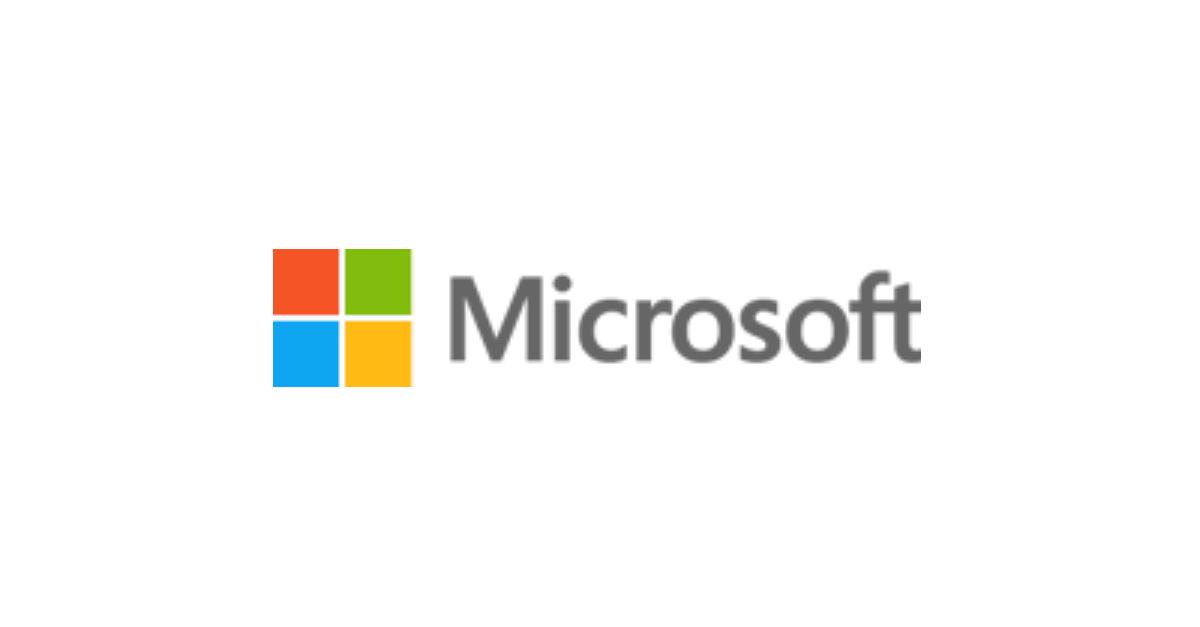This 30-minute on-demand webinar, delivered by the Microsoft Tech for Social Impact team, addresses all the top questions that customers are asking about working remotely from home during COVID-19. For more information, contact us today.


This 30-minute on-demand webinar, delivered by the Microsoft Tech for Social Impact team, addresses all the top questions that customers are asking about working remotely from home during COVID-19. For more information, contact us today.

The General Data Protection Regulation (GDPR) is a regulation in European law on data protection and privacy in the European Union and the European Economic Area. It also addresses the transfer of personal data outside of these areas.
To meet General Data Protection Regulation (GDPR) requirements, Microsoft has implemented technical (tooling) and organizational measures (processes) to ensure that data processing is in accordance with GDPR privacy regulations. The actual path will be different for every organization, but general resources are available in a Service Trust Portal that Microsoft has created for customers to get started.
This white paper provides a good overview of GDPR and includes many links to sites with more specific information for associated topics. Contact us if you have questions!

Today, artificial intelligence is becoming essential to the daily operations of the world’s leading enterprises. This integration has allowed subsequent breakthroughs in AI to trickle down into other industries and smaller-sized businesses, allowing them to reap the benefits of technological advancement and automation. Thanks to this snowball effect, artificial intelligence is no longer the work of science fiction, but a relevant and necessary tool that can help you achieve previously unattainable business opportunities and increase efficiency like never before.
In this infographic, you’ll learn more about the history of Microsoft’s AI breakthroughs to gain a better perspective on how your current initiatives can be complemented or enhanced by Azure AI.
View: Begin your artificial intelligence journey with Microsoft

When it comes to digital transformation, becoming more efficient has always been a top priority, especially with regard to natural resources. Here, smart farming has allowed the industry to evolve in an exponentially more sustainable way while also delivering innovative solutions to issues such as population growth, climate change, and livestock nurturing.
Subscribe now to get the latest news on how you can start creating a smarter farm, fueled by sustainable energy sources and powered by the intelligence of Microsoft Azure AI.

Is the cloud secure for my apps? Which apps make sense to run in the cloud? Can I trust my business-critical app to a cloud vendor? You want to head to the cloud, but naturally you have questions.
You may also wonder why customers choose Microsoft Azure for their cloud migration. One reason is unparalleled innovation: you can maximize your productivity with fully managed services such as App Service, Azure SQL Database, and global on-demand Infrastructure as a Service (IaaS). Your focus should be driving your business priorities instead of worrying about running data centers.
Want to know the other reasons to choose Azure? Have questions? LogicCloud IT, Inc. is ready to help you!
Based in Washington, DC, Special Olympics is a global inclusion movement with over 5 million athletes and 1 million volunteers that supports sport, health, education, and leadership programs every day to empower people with intellectual disabilities. Now, youth leaders with and without intellectual disabilities have a richer platform they use to exchange knowledge and bring a wider world of diverse human talent and potential to their communities. Using Microsoft Teams, the organization’s youth leaders across the globe collaborate and communicate more effectively, breaking down barriers, sharing their ideas, and driving greater inclusion.

10 ways to run effective remote meetings is helpful for nonprofit customers who are new to remote meetings or want to improve the ones they already have. This crash course presents simple things teams can do right now to increase efficiency, collaborate effectively, and keep everyone engaged. For information on Microsoft Teams, contact us today.

This “10 tips to tackle your remote work day” eBook presents easy things nonprofit organizations can do to optimize how their teams work and keep connected so they can work effectively. Nonprofits can also learn to use these tips with Microsoft Teams to help them learn how to increase the efficiency of their workspaces, improve collaboration and communication, stay connected when not in the office, and run more effective remote meetings. For more information on Microsoft Teams, contact us today.

Sometimes, having access to the right data at the right time can enable life-saving decisions. If you don’t believe so, just ask Monica, a Kenyan farmer who has to leverage water from a well in her back yard to irrigate her crops as well as provide her family with drinkable water. Due to climate change, rainy seasons have become more and more scarce, forcing her to carefully manage her water output depending on the weather patterns in her region.
Watch this video to learn how solar-powered digital transformation and Microsoft Azure are empowering farmers like Monica with easily accessible, accurate data that allows them to effectively predict rainfall, control their irrigation systems, and increase yields.

At oil and gas facilities, data from sensors and cameras must be collected, analyzed and visualized economically in order to keep operations running smoothly. Watch this Lizo video to see how the Power BI application allows remote decision-making—significantly reducing overhead cost and achieving operational efficiency.